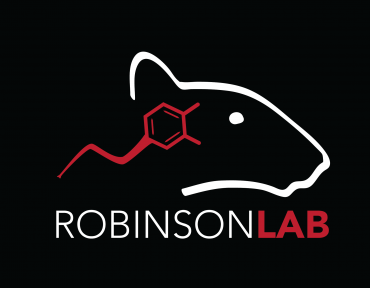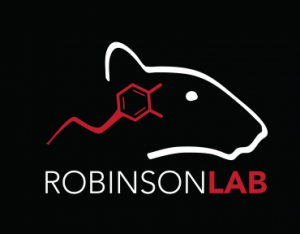Paper by Robinson, Alumni Published in Behavioural Brain Research


A paper coauthored by several members of the Robinson Lab is published in the Oct. 3 issue of Behavioural Brain Research, Volume 371.
The coauthors include Mike Robinson, assistant professor of psychology; graduate student Charlotte Freeland, Callie Clibanoff ’19, Anna Knes ’19, John Cote ’19, and Trinity Russell ’17.
The flashing lights and celebratory sounds that dominate slot-machine gambling are believed to promote engagement and motivation to keep playing. However, these cues are often presented in the absence of reward, and previous research suggests that this reward uncertainty, which degrades their predictive value, also increases their incentive value. In their paper titled “Distinguishing between predictive and incentive value of uncertain gambling-like cues in a Pavlovian autoshaping task,” the researchers used a process called autoshaping to tease apart the impact of reward uncertainty on the predictive and incentive value of a conditioned stimulus using serial cues.
The Robinson Lab’s research program seeks to identify how intense incentive motivations are produced by brain systems, both naturally in extreme cases and less naturally, but still powerfully, in pathological addictions. Their areas of interest include the role of cues in diet-induced obesity, the impact of uncertainty in gambling, and how cues produce craving in drug addiction.

